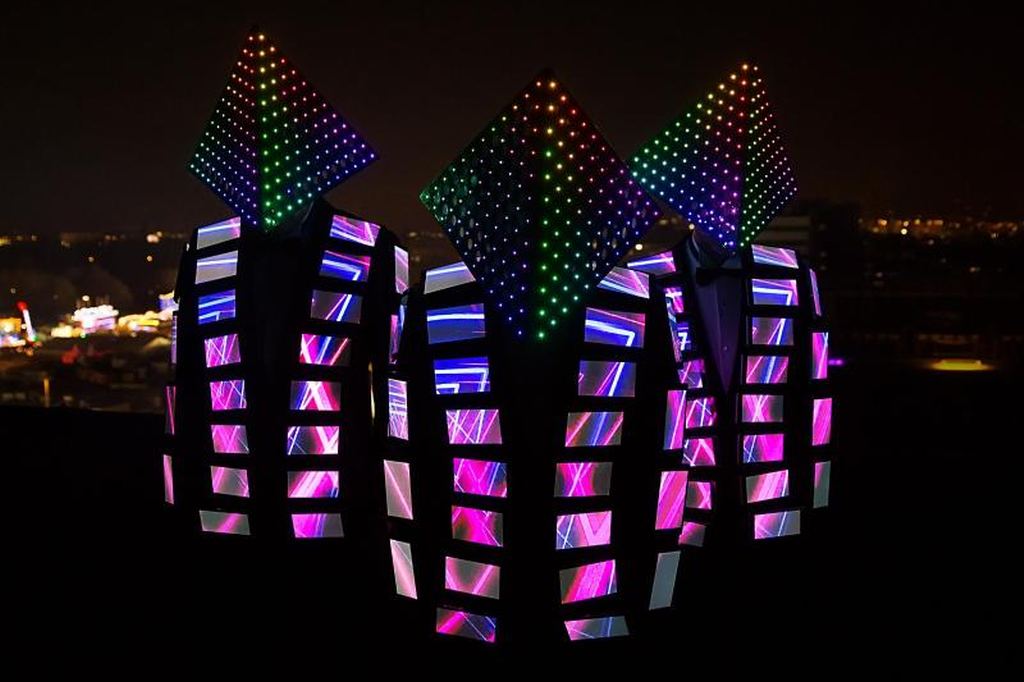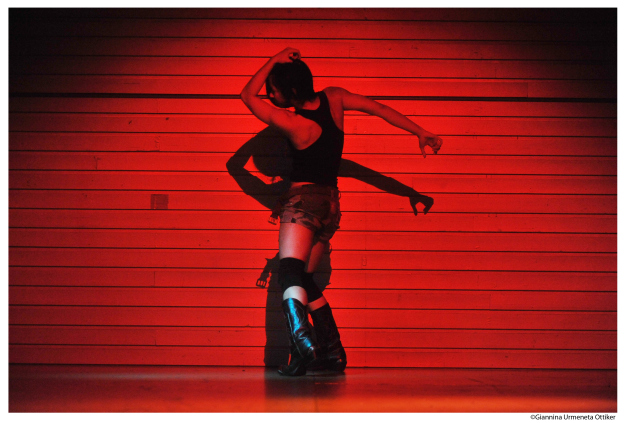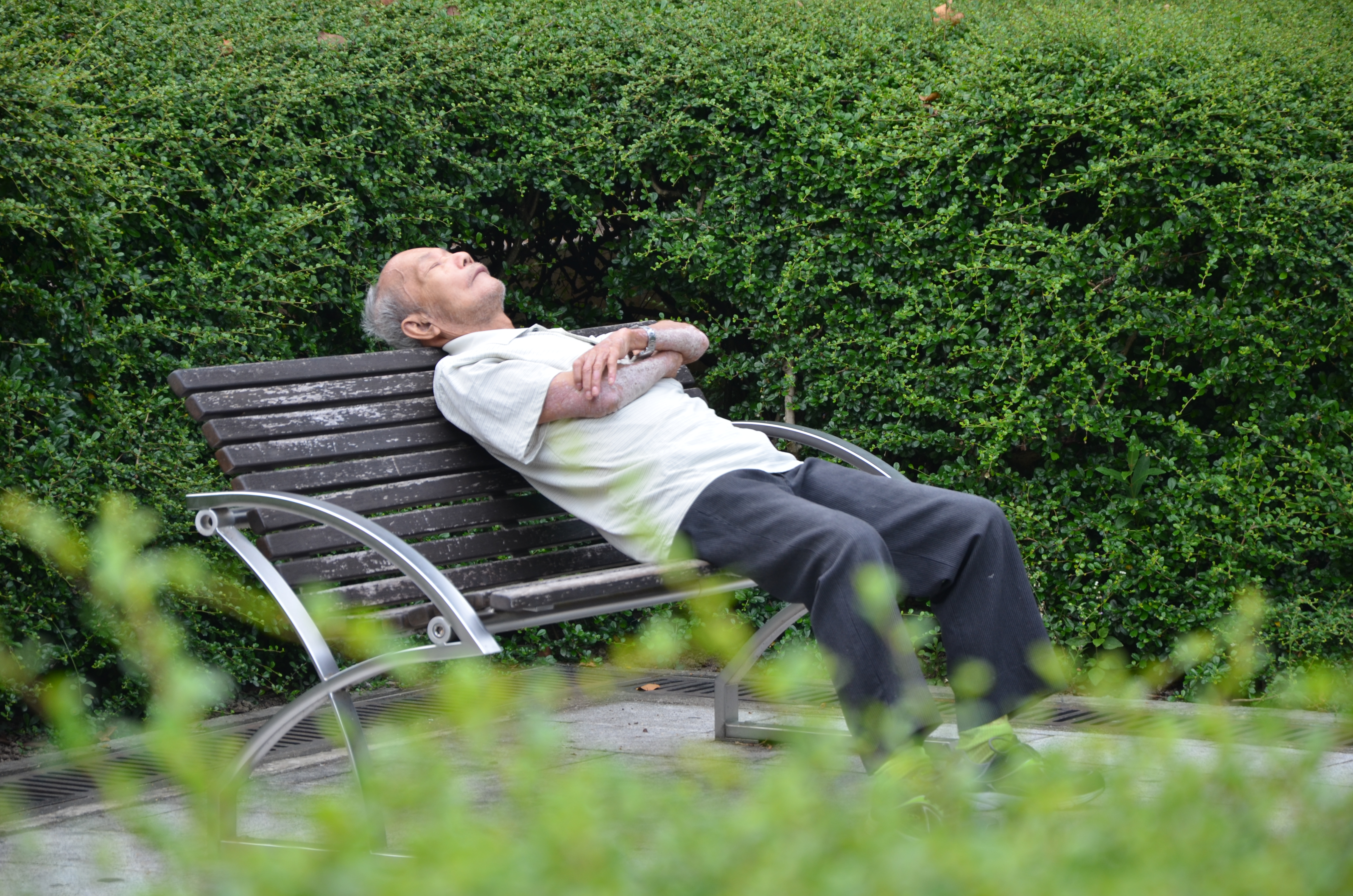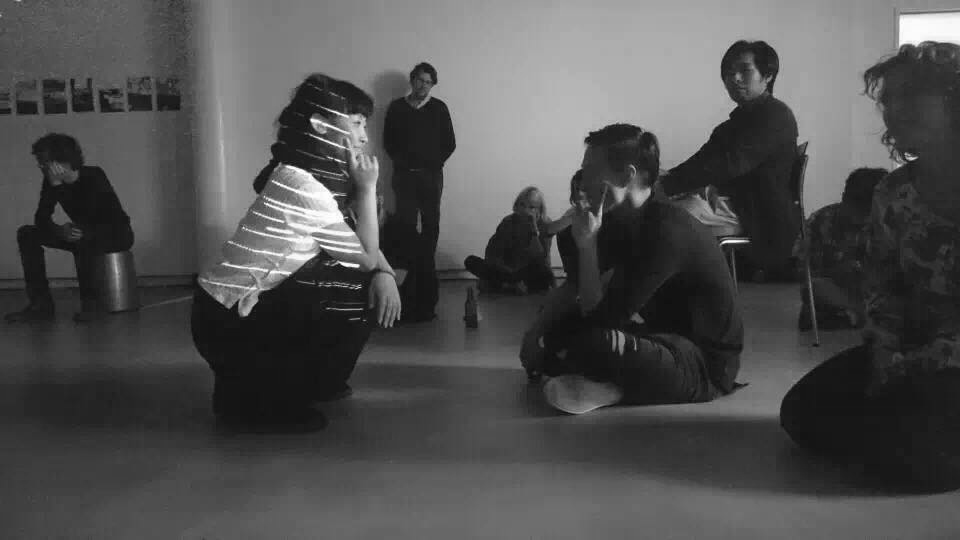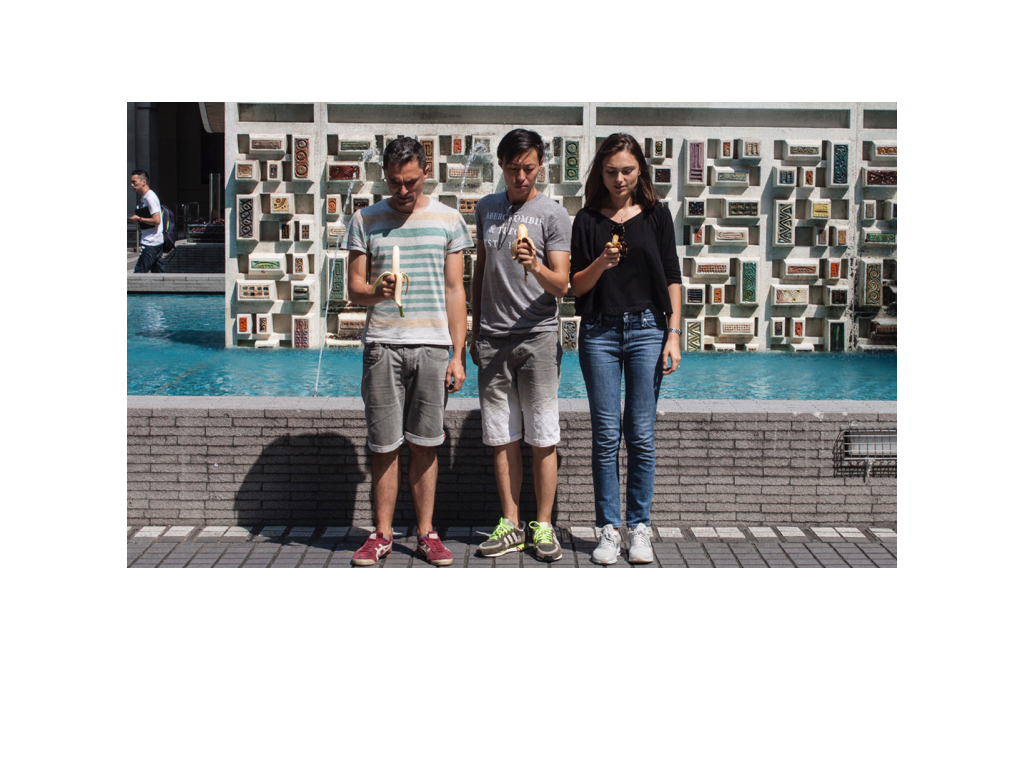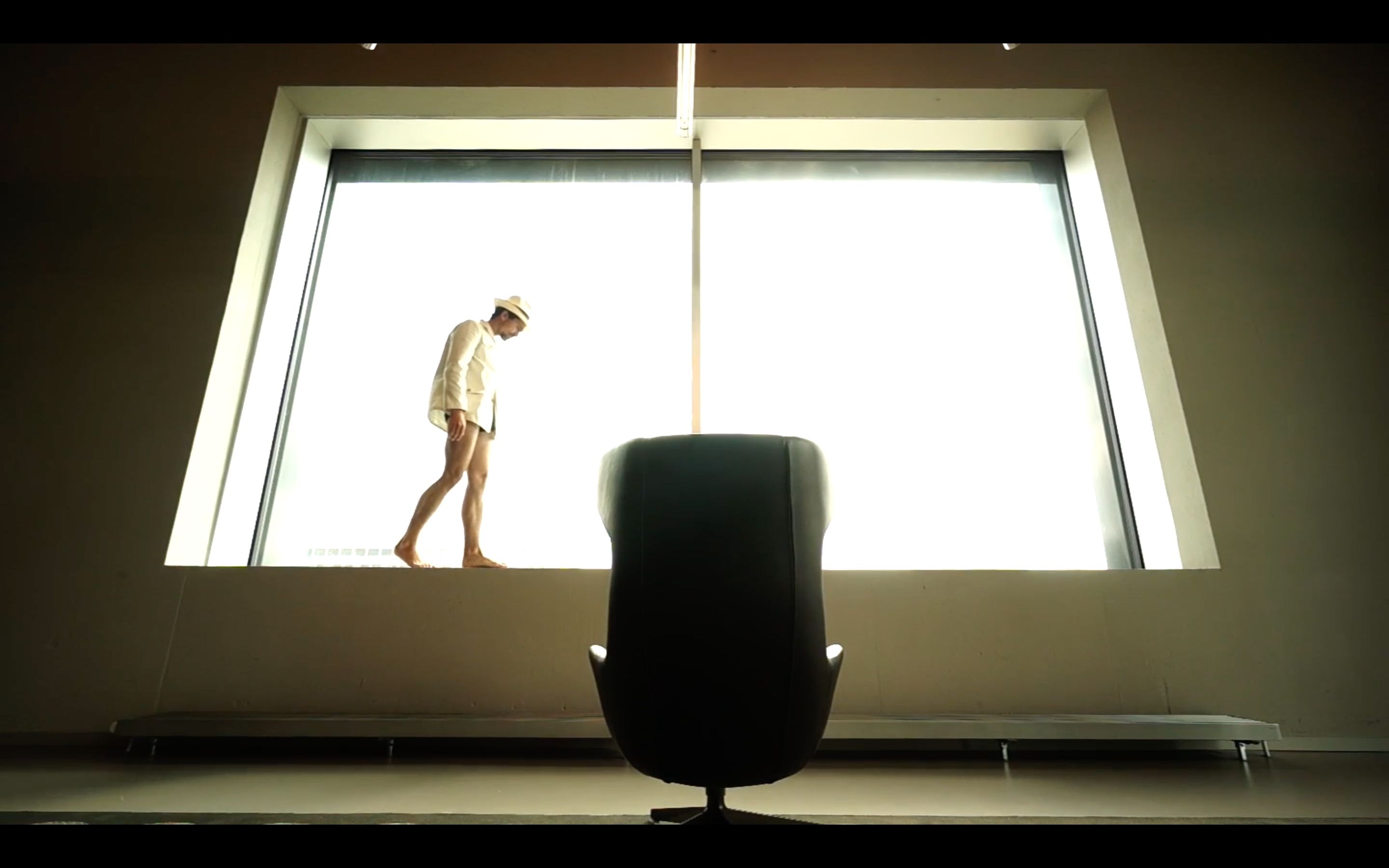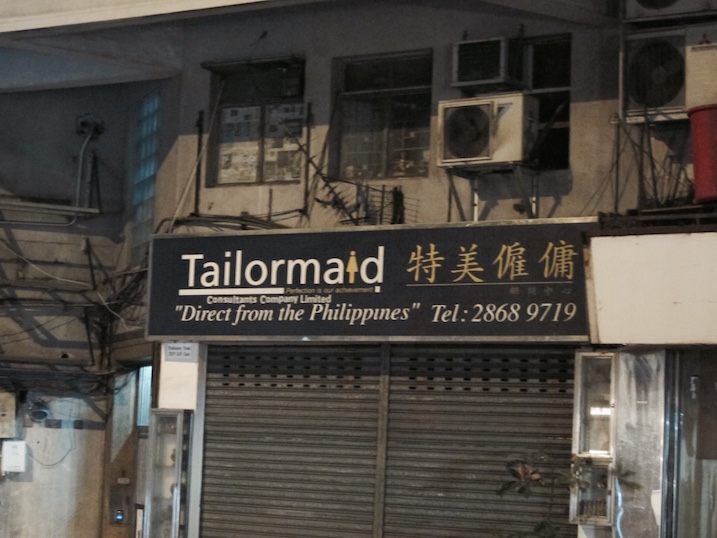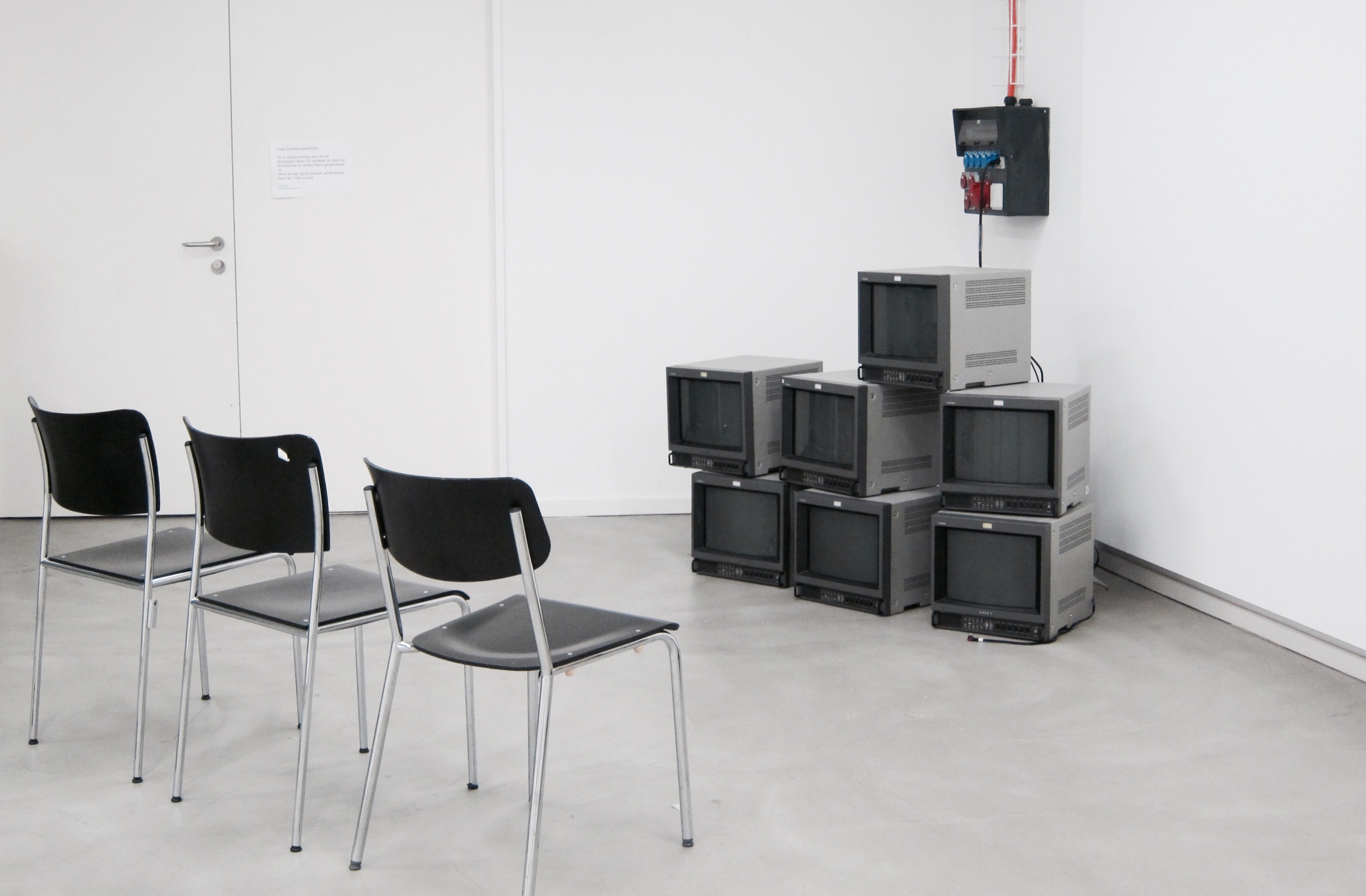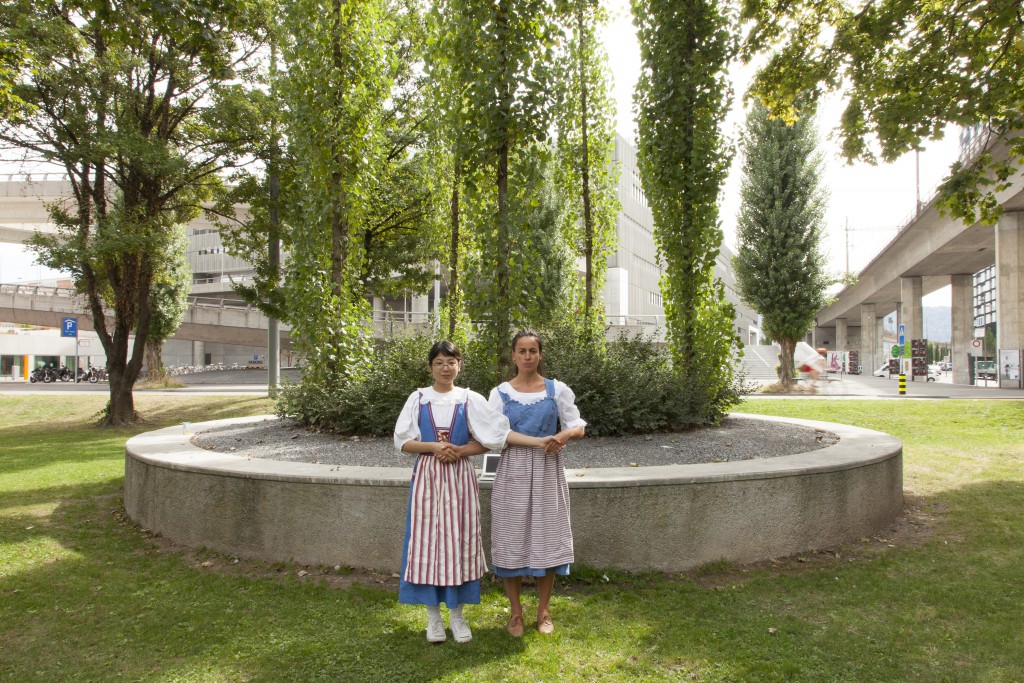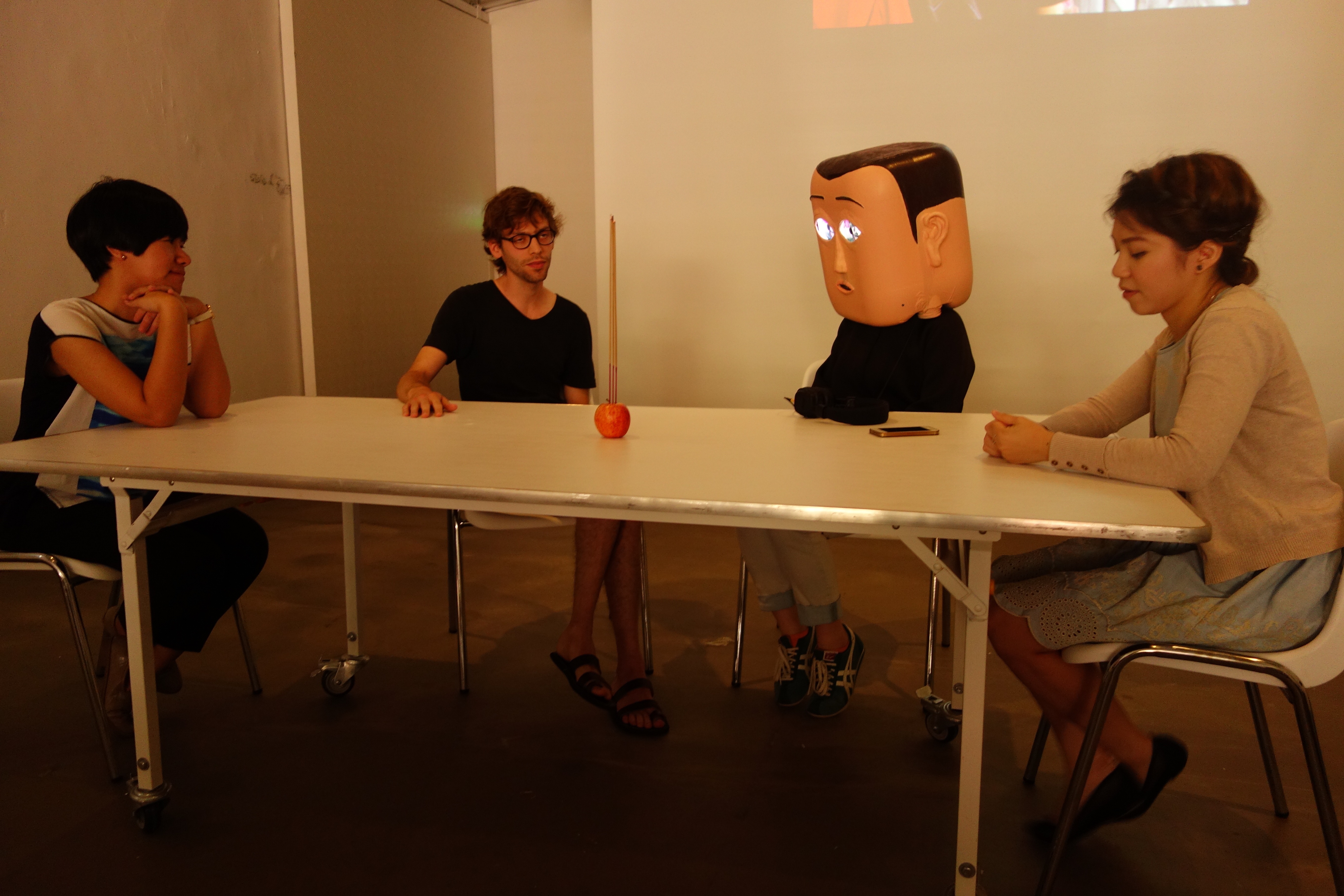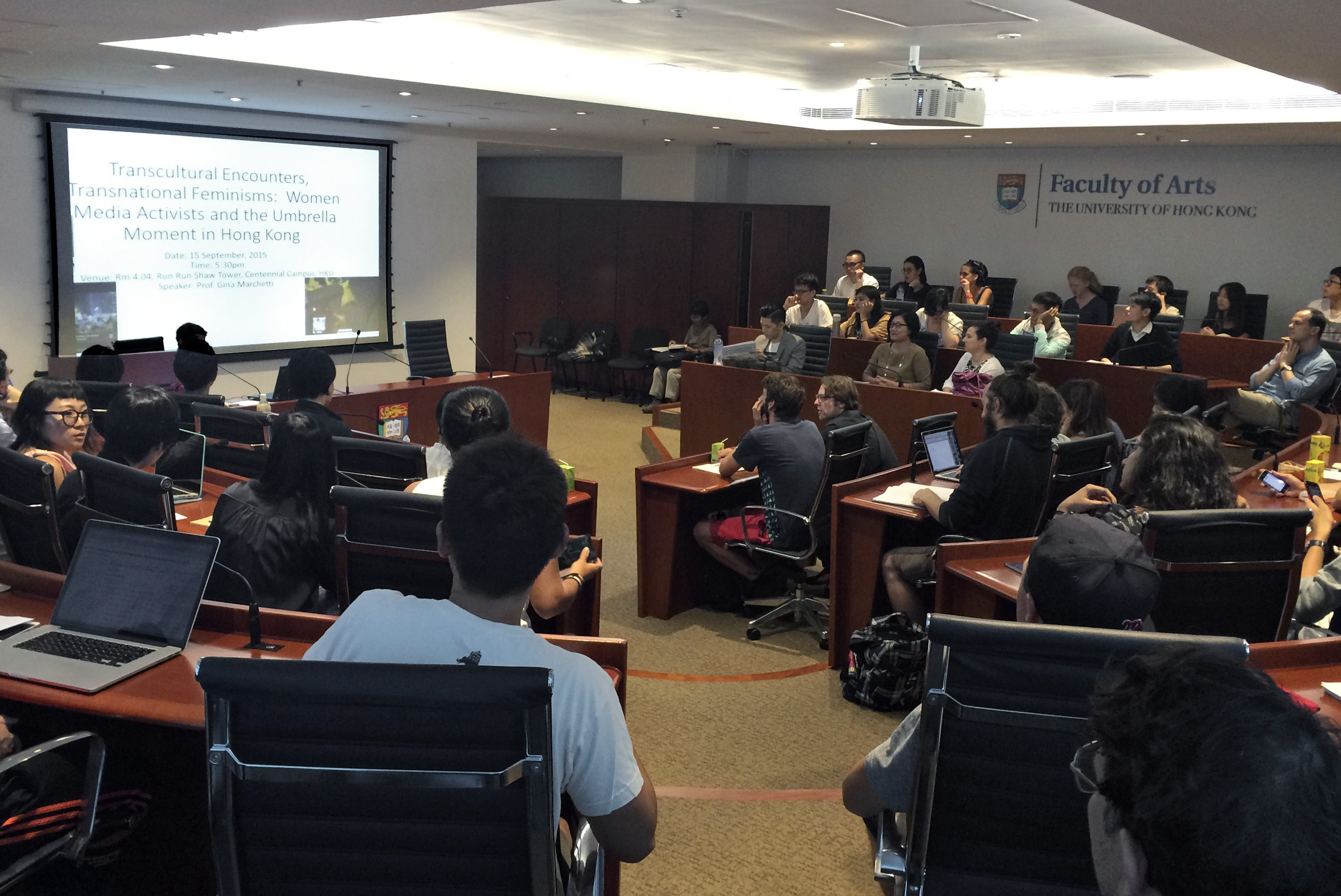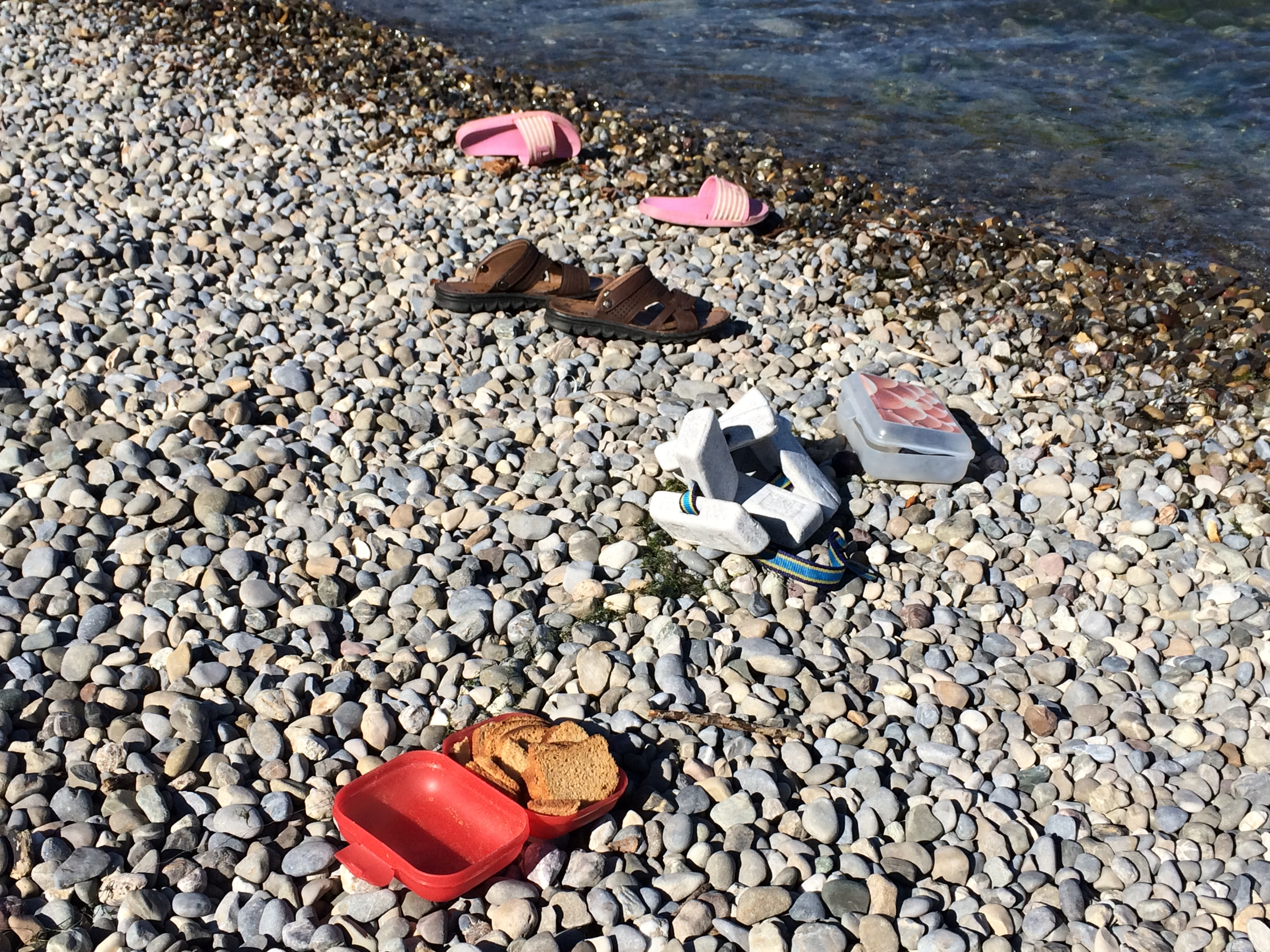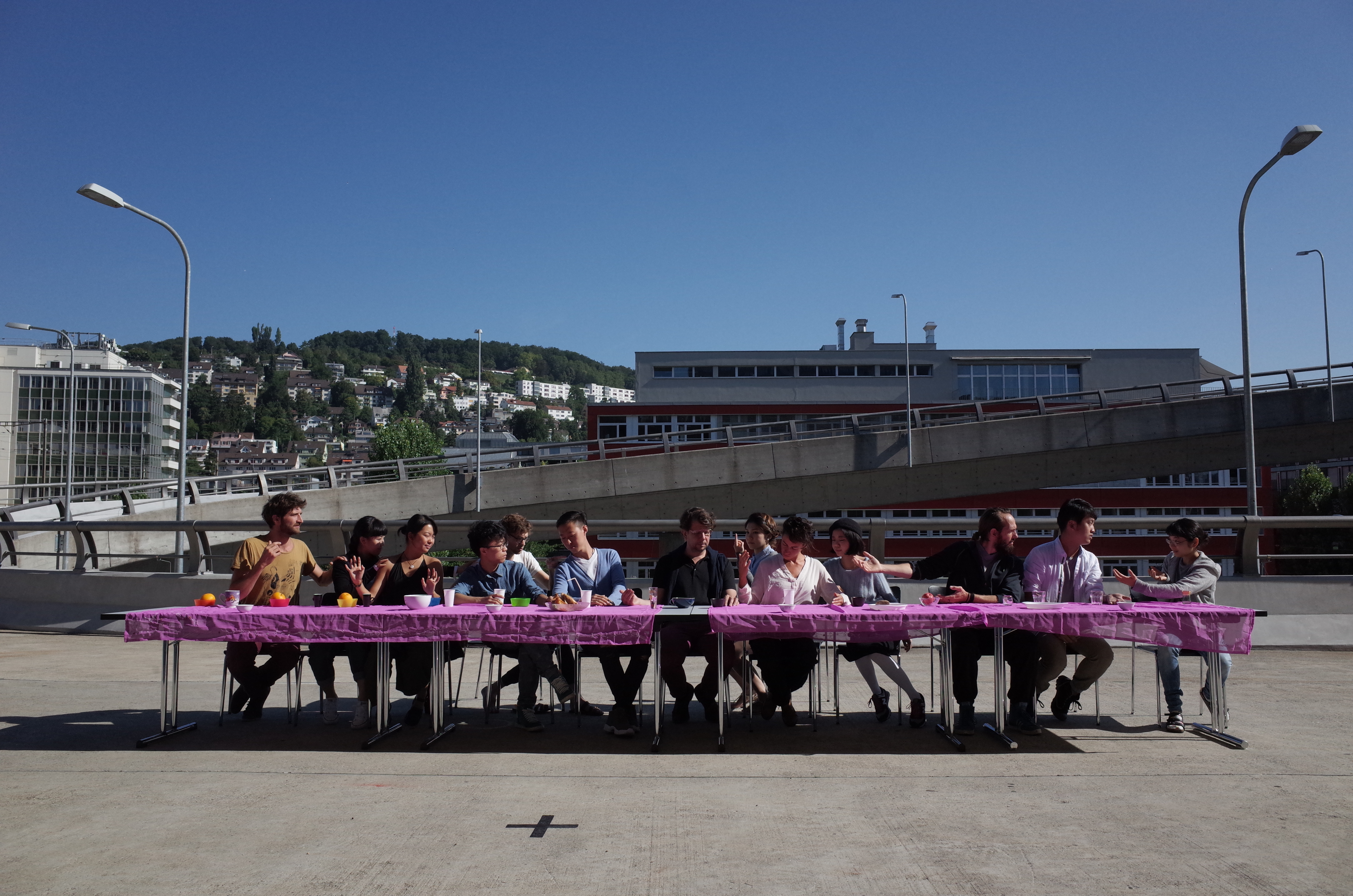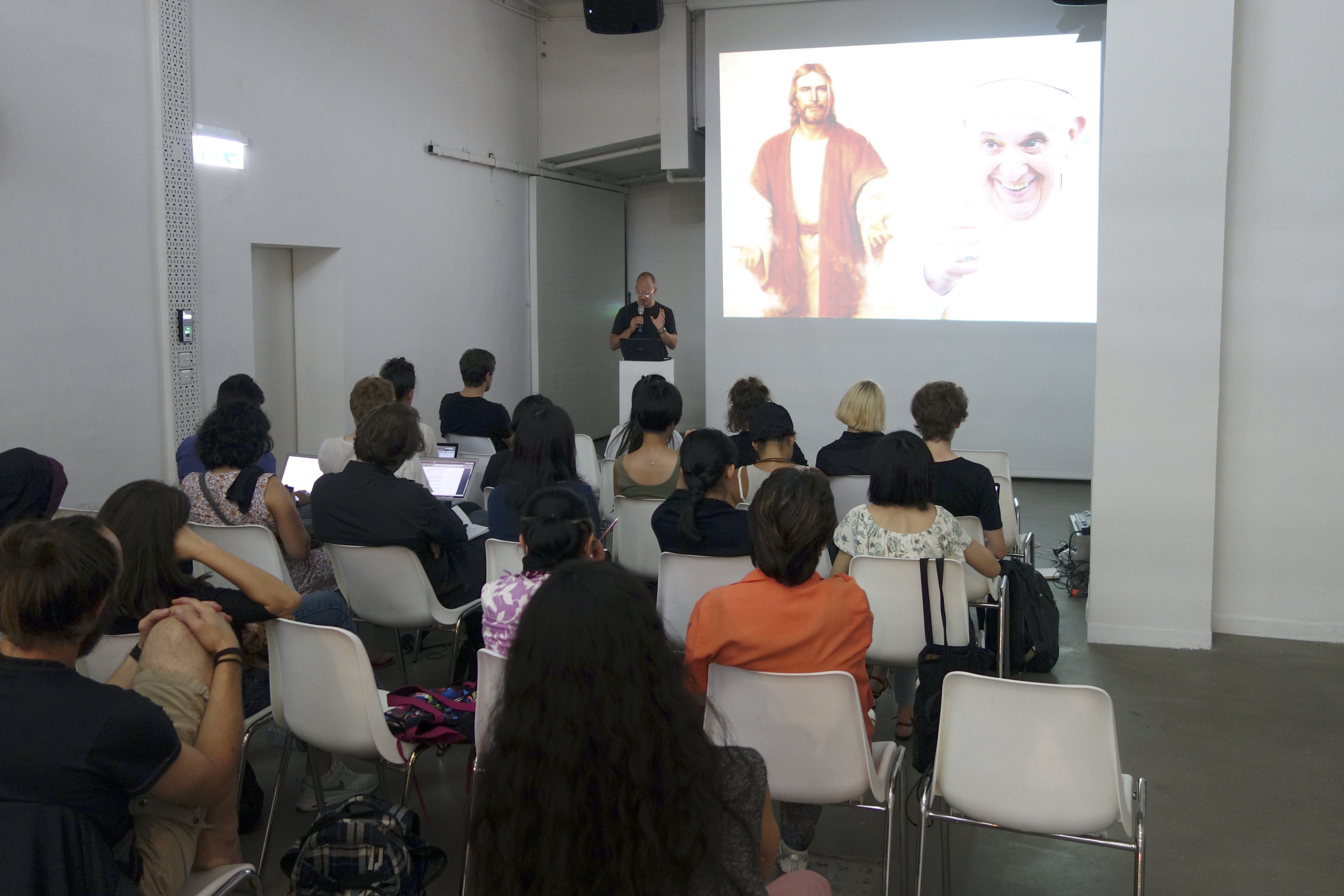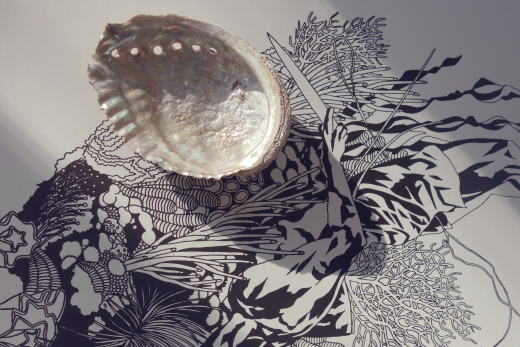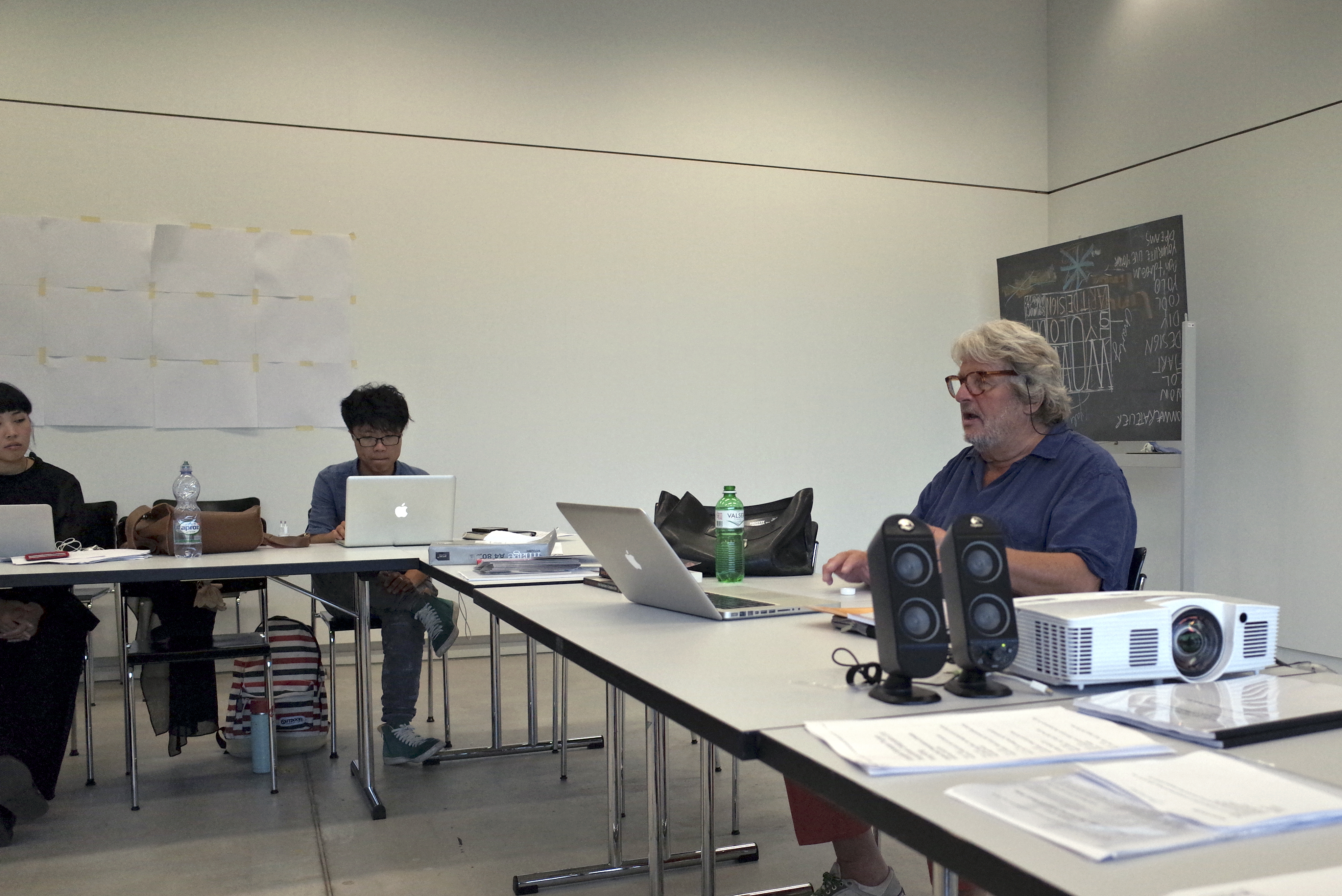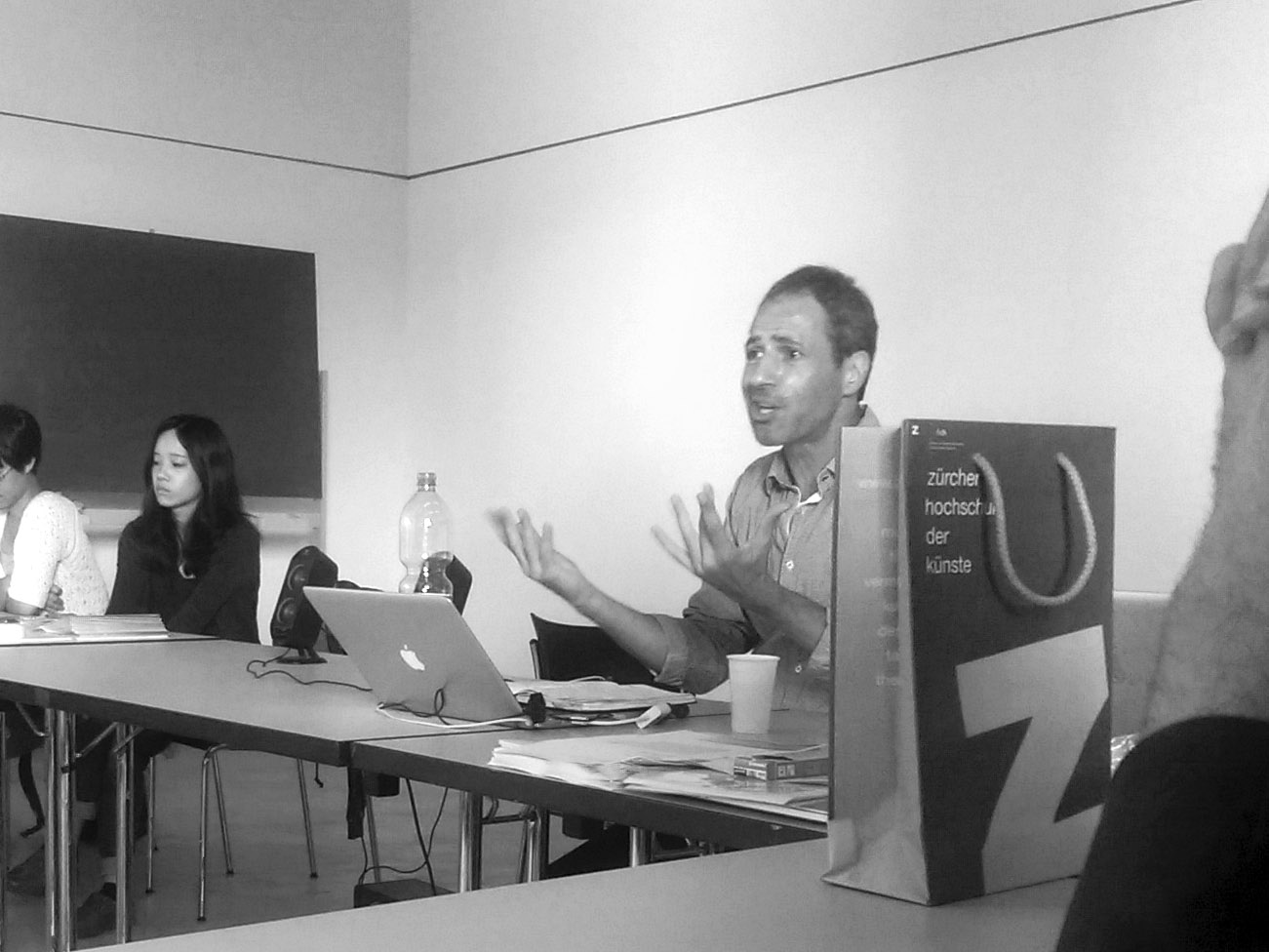Transcultural Collaboration 2015
New Graduate-Level Educational Format in the Arts based in Hong Kong: Transcultural Collaboration 2015 A project of Zurich University of the Arts, Hong Kong Academy for Performing Arts, City University of Hong Kong/School of Creative Media, China Academy of Art/School of Intermedia Art/Hangzhou and Taipei National University of the Arts In 2015 we are launching a pioneering transcultural and cross-disciplinary educational format called “Transcultural Collaboration” for graduate students of all art and design disciplines. Selected students from the involved partner institutions will have the possibility to study for one semester within this specific program, which will be based mainly in Hong Kong. General Content „Transcultural Collaboration“ The basis of the project is the need for a discussion and understanding of “globalization” and its emerging questions and issues. It is obvious that globalization is not only about expanding production, consumption and communication, but also implies the problems and potentials of differentiation and distinction, of provoking otherness, of different forms of cultural evolution and blending, or of influencing power structures. The programme has two central characteristics that …

